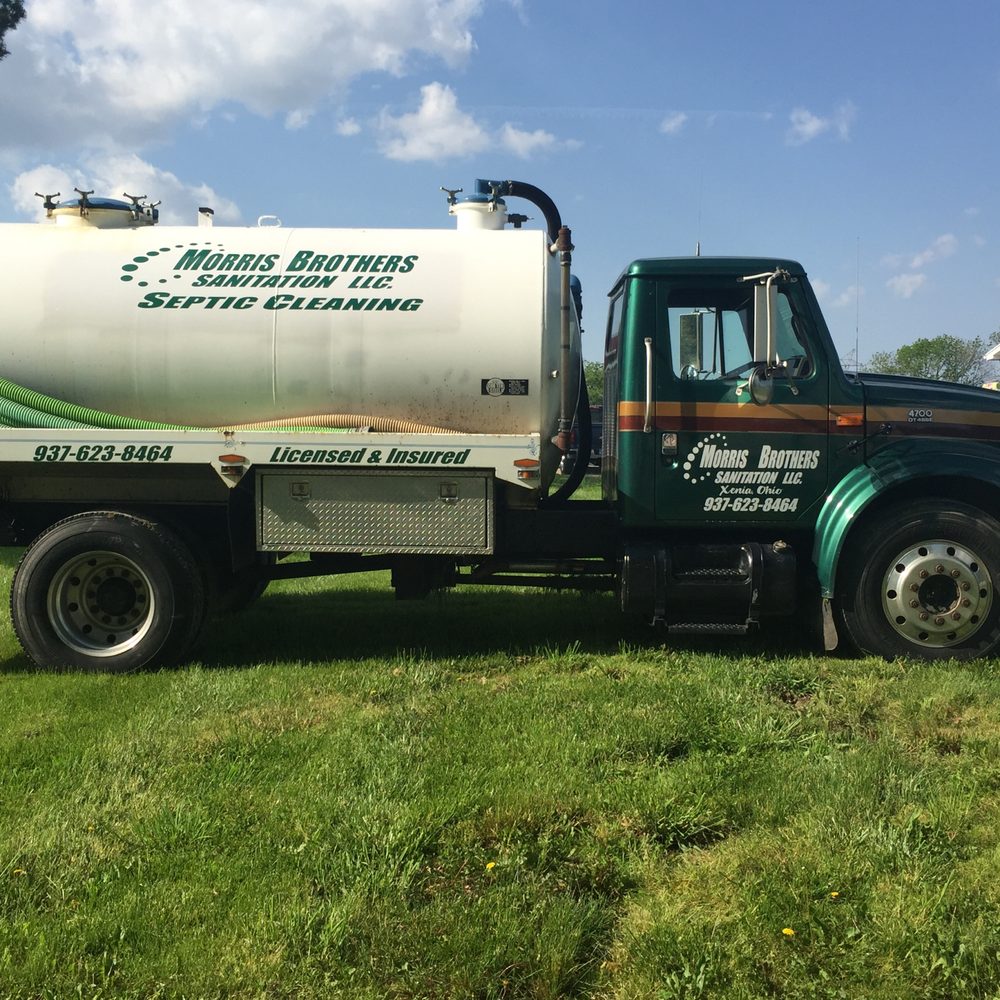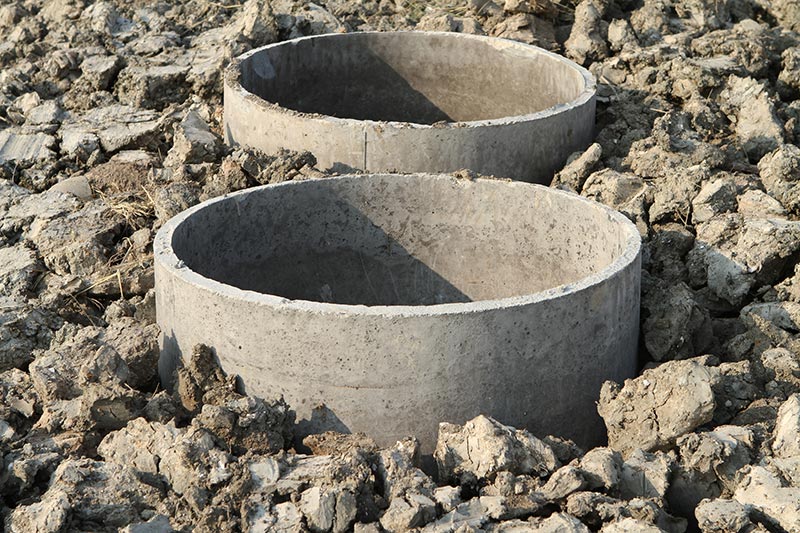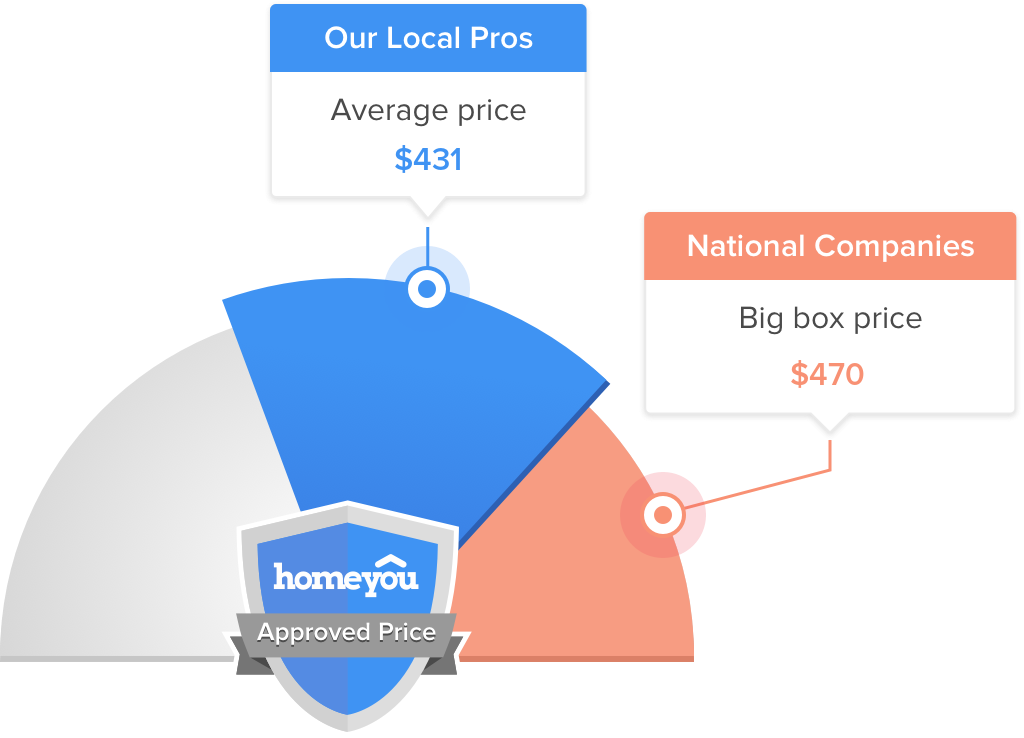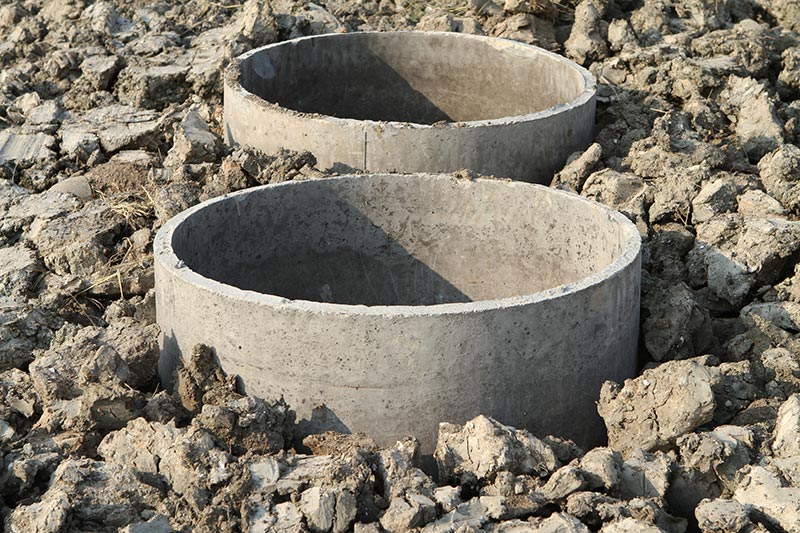If you’ve been ignoring the regular maintenance of your septic tank in Dayton, it’s time to pay attention. Don’t let unpleasant odors and messy backups ruin your day. Introducing “Septic Tank Cleaning in Dayton” – the solution to all your septic tank woes. Affordable, reliable, and efficient, our professional cleaning service will ensure that your septic tank is in top-notch condition, keeping your home clean and odor-free. Say goodbye to nasty surprises and hello to a healthier septic system with “Septic Tank Cleaning in Dayton”!
What is a septic tank?
A septic tank is an essential component of a home’s wastewater management system. It is a large, underground container that collects and treats the sewage from your household. The primary purpose of a septic tank is to separate solid waste from the wastewater, allowing the liquid to flow into the drain field, where it is further treated and absorbed into the ground. Septic tanks are commonly found in rural areas or properties that are not connected to a municipal sewage system.
Definition of a septic tank
A septic tank is a watertight container made of concrete, fiberglass, or plastic. It is buried underground and is connected to the plumbing system of a home or building. The tank has two chambers, one for the settling and digestion of solid waste and the other for the accumulation and discharge of liquid waste. The solid waste, known as sludge, settles at the bottom of the tank, while the lighter waste, referred to as scum, floats to the top. The liquid waste, or effluent, flows out into the drain field, where it is further treated and expelled into the soil.
Function of a septic tank
The main function of a septic tank is to collect, separate, treat, and dispose of wastewater from your home. When wastewater from toilets, sinks, showers, and other household drains enters the septic tank, it undergoes a process of decomposition and separation. Solid waste settles at the bottom of the tank, where it is broken down by bacteria, while the liquid waste flows into the drain field for further treatment. The septic tank acts as a vital component of the onsite wastewater treatment system, ensuring that the waste is properly processed and does not pose a health or environmental hazard.
Signs that your septic tank needs cleaning
Regular maintenance and cleaning of your septic tank are crucial to ensure its proper functioning and longevity. Failure to clean the septic tank can lead to a variety of problems, including sewage backups, foul odors, and damage to the drain field. By knowing the signs that your septic tank needs cleaning, you can take prompt action before a minor issue turns into a major headache.
Slow draining sinks or toilets
One of the first signs that your septic tank is full and needs cleaning is slow draining sinks or toilets. If you notice that water takes longer than usual to drain or that it is not draining at all, it could indicate a clog or buildup in your septic system. As the septic tank fills up with solid waste, it becomes less efficient in separating and treating wastewater, leading to drainage problems throughout the house.
Foul odor
Another clear indication that your septic tank needs cleaning is a foul odor emanating from your plumbing system or the area where the tank is located. As the waste builds up in the tank, the gases released can produce a pungent smell that permeates your home or yard. If you detect a strong, sewage-like odor, it is a sign that your septic tank is overdue for cleaning.
Pooling water around the drain field
Pooling water or areas of excessive moisture around the drain field can be a direct result of a full septic tank. When the tank is unable to properly treat and discharge the wastewater, it can lead to backup and oversaturation of the drain field. If you notice standing water or unusually soggy areas near your septic system, it is an indication that your tank may need immediate cleaning.
Gurgling sounds in the plumbing system
Unusual gurgling sounds coming from your plumbing system could be a sign of a clogged or full septic tank. As the tank fills up, air bubbles can form and get trapped in the plumbing pipes, leading to the gurgling noises. If you hear these sounds when using the sinks, toilets, or showers in your home, it is essential to address the issue promptly by cleaning your septic tank.
Overflowing or backed-up toilets
The most alarming sign that your septic tank needs cleaning is an overflowing or backed-up toilet. If sewage starts to back up into your home or if you experience multiple instances of toilet overflow, it is a clear indication that the septic tank is full and unable to handle the volume of waste. This is a severe problem that requires immediate attention to prevent further damage and health hazards.

Importance of regular septic tank cleaning
Regular cleaning and maintenance of your septic tank are essential for several reasons. Neglecting to clean your septic tank can lead to system failure, groundwater contamination, environmental harm, and costly repairs. By prioritizing regular septic tank cleaning, you can ensure the longevity and proper functioning of your wastewater management system.
Preventing system failure
Regular cleaning of the septic tank is critical to prevent system failure and backups. Over time, solid waste accumulates in the tank, reducing its capacity to hold wastewater. If the tank becomes too full, it may not be able to effectively separate and treat the waste, leading to clogs and backup into your home. Cleaning the tank at regular intervals ensures that it can continue to function optimally and avoid the costly and potentially hazardous consequences of a failed septic system.
Protecting groundwater and the environment
Septic tanks play a vital role in protecting groundwater and the environment. When a septic tank is not properly cleaned and maintained, it can release untreated or partially treated wastewater into the surrounding soil, potentially contaminating groundwater sources. This can pose serious health risks to both humans and animals, as well as harm the delicate balance of ecosystems. By regularly cleaning your septic tank, you are doing your part to safeguard the environment and preserve the quality of groundwater.
Avoiding costly repairs
Neglecting to clean your septic tank can lead to significant damage and costly repairs. If the tank becomes overloaded with solid waste, it can cause blockages in the plumbing system, leading to backups, leaks, and damage to pipes and fixtures. Additionally, a neglected septic tank may require more frequent pumping and maintenance, increasing the overall cost of servicing the system. By investing in regular septic tank cleaning, you can avoid the expense and inconvenience of significant repairs and ensure the longevity of your wastewater management system.
Process of septic tank cleaning
The process of septic tank cleaning typically involves several steps to ensure thorough cleaning and inspection of the tank and associated components. Understanding the process can help you make informed decisions when hiring a professional septic tank cleaning service.
Inspection of the tank
Before beginning the cleaning process, the septic tank needs to be inspected to assess its condition and identify any potential problems. During the inspection, the technician will check for signs of damage, such as cracks or leaks, and evaluate the level of solid waste and scum in the tank. This inspection is crucial in determining the appropriate cleaning and maintenance required for your septic tank.
Pumping out the tank
Once the inspection is complete, the next step is to pump out the contents of the septic tank. Using specialized equipment, the technician will remove the solid waste and scum from the tank. This process involves pumping the waste into a vacuum truck, which will transport it to an approved disposal site. Pumping out the tank is a critical step in cleaning your septic system and restoring its capacity to properly treat wastewater.
Cleaning the tank
After the tank has been pumped out, it is thoroughly cleaned to remove any remaining debris and residue. High-pressure water jets and specialized cleaning agents may be used to scrub the interior of the tank, ensuring that all waste is properly removed. This cleaning process eliminates any buildup that may impede the proper functioning of the tank, allowing it to operate efficiently.
Inspecting the drain field
In addition to cleaning the septic tank, a professional septic tank cleaning service will also inspect the drain field. The drain field is responsible for further treatment and absorption of the liquid waste from the septic tank. During the inspection, the technician will assess the condition of the drain field, checking for signs of saturation, damage, or clogs. Any issues identified during the inspection can be addressed promptly to prevent further damage and ensure the overall health of your septic system.

Selecting a professional septic tank cleaning service
Choosing a reliable and reputable professional septic tank cleaning service is crucial to ensure that the job is done properly and efficiently. Here are some tips to help you select a service provider that meets your needs and provides quality service.
Researching and gathering recommendations
Start by conducting thorough research and gathering recommendations from friends, family, and neighbors who have had their septic tanks cleaned. Their personal experiences and recommendations can provide valuable insights into the professionalism and quality of various septic tank cleaning services in your area.
Checking the company’s credentials and licenses
Once you have narrowed down your options, it is important to check the credentials and licenses of the septic tank cleaning companies you are considering. Ensure that they are properly licensed and certified to perform septic tank cleaning and maintenance. This will help ensure that they adhere to industry standards and regulations, providing you with peace of mind that the job will be done correctly.
Obtaining cost estimates and scheduling a visit
Contact the septic tank cleaning services on your list and request cost estimates for the cleaning and maintenance of your septic tank. Take into account any specific requirements or issues unique to your system that may impact the cost. Additionally, schedule a visit from the service providers to inspect your septic tank and provide an accurate estimate based on the condition and size of your system.
Reading customer reviews and testimonials
Before making your final decision, take the time to read customer reviews and testimonials of the septic tank cleaning services you are considering. Online review platforms, such as Google or Yelp, can provide valuable insights into the experiences of previous customers. Look for consistent positive feedback and testimonials that highlight the professionalism, reliability, and quality of service provided by the company.
Tips for maintaining a clean septic tank
While regular septic tank cleaning is essential, there are also several proactive measures you can take to maintain a clean and efficient septic system. By following these tips, you can reduce the frequency of cleaning and ensure the optimal functioning of your septic tank.
Conserving water
Conserving water is one of the most effective ways to maintain a clean septic tank. Excessive water usage can overload the system and decrease the efficiency of the treatment process. Reduce water consumption by fixing leaks, using water-efficient appliances, and practicing water-saving habits, such as taking shorter showers and running full loads of laundry and dishes.
Avoiding flushing non-biodegradable items
To prevent clogs and damage to your septic system, it is essential to avoid flushing non-biodegradable items down the toilet or drains. These include items such as sanitary products, paper towels, wipes, diapers, and grease. These materials can accumulate in the septic tank, leading to clogs and backups. Dispose of these items properly in the trash or recycling.
Properly disposing of household chemicals
Chemicals, such as cleaning agents, solvents, and pesticides, can disrupt the natural balance of bacteria in the septic tank, hindering the treatment process. Avoid pouring these chemicals down the drain or toilet. Instead, dispose of them safely according to local regulations. Consider using environmentally friendly and septic tank-safe cleaning products whenever possible.
Regularly inspecting and maintaining the drain field
The drain field plays a crucial role in the treatment and absorption of liquid waste from the septic tank. Regularly inspect the drain field for any signs of saturation, pooling water, or unusual odors. Ensure that the area surrounding the drain field is free from trees, shrubs, or structures that can interfere with its proper functioning. Promptly address any issues with the drain field to prevent damage to your septic system.

Common mistakes to avoid with septic tank cleaning
While septic tank cleaning is essential, there are some common mistakes that homeowners should avoid to prevent damage to the system and ensure its longevity.
Using chemical additives excessively
Chemical additives marketed as septic tank cleaners or enhancers can do more harm than good if used excessively. These additives can disrupt the natural balance of bacteria in the septic tank, hindering the treatment process. While some additives can be beneficial when used sparingly, it is important not to rely solely on them for septic tank maintenance. Regular cleaning and proper system care are more effective in maintaining a healthy septic tank.
Ignoring warning signs of a problem
Ignoring or neglecting warning signs that indicate a problem with your septic tank can lead to more significant issues down the line. It is essential to address slow drainage, foul odors, or backups promptly to prevent damage, health hazards, and costly repairs. If you notice anything out of the ordinary with your septic system, do not ignore it. Contact a professional septic tank cleaning service to assess and resolve the problem.
Delaying regular maintenance
Regular maintenance, including septic tank cleaning, is crucial to keep your septic system functioning properly. Delaying or skipping routine maintenance can lead to clogs, backups, and system failure. It is recommended to adhere to the recommended pumping intervals and schedule regular inspections to catch any potential issues before they become major problems.
Disrupting the biological balance in the tank
The septic tank relies on a delicate biological balance of bacteria and enzymes to break down waste. Disrupting this balance by introducing harmful substances, such as excessive bleach, antibacterial products, or strong chemicals, can hinder the treatment process. Avoid flushing or pouring substances down the drain that can harm the natural bacteria in the tank, reducing its effectiveness in treating wastewater.
Cost of septic tank cleaning
The cost of septic tank cleaning varies depending on several factors, including the size and condition of the tank, the location of the property, and the specific services included. It is essential to consider these factors when budgeting for septic tank cleaning.
Factors influencing the cost
The size of the septic tank is a significant factor in determining the cost of cleaning. Larger tanks require more time and resources to clean and may incur higher charges. The condition of the tank can also impact the cost, as a heavily neglected tank may require more intensive cleaning and potentially additional repairs. The accessibility of the tank, as well as the location of the property, can also influence the overall cost.
Average cost range in Dayton
In Dayton, the average cost of septic tank cleaning ranges from $200 to $500, depending on the factors mentioned above. It is important to obtain cost estimates from multiple septic tank cleaning services in your area to ensure competitive pricing and quality service.
Additional service charges to consider
In addition to the basic cost of septic tank cleaning, there may be additional service charges to consider. These may include fees for pumping out the tank, inspection and maintenance, and any necessary repairs or replacements. It is important to discuss these potential charges with the septic tank cleaning service beforehand to avoid any surprises when the bill arrives.

Frequency of septic tank cleaning
The frequency of septic tank cleaning depends on several factors, including the size of the tank, the number of people in the household, and the volume of wastewater generated. While every system is unique, there are typical recommended pumping intervals that can serve as a guideline.
Factors affecting the frequency
The size of the septic tank directly impacts the frequency of cleaning. Smaller tanks have limited capacity and may require more frequent cleaning, while larger tanks can go longer between cleanings. The number of people in the household is another factor, as more individuals result in higher wastewater production. Additional factors, such as excessive water usage, the presence of a garbage disposal, or the use of a water softener, can also affect the frequency of cleaning.
Typical recommended pumping intervals
As a general guideline, it is recommended to have your septic tank cleaned every three to five years. However, this is a rough estimate and may vary depending on the factors mentioned above. It is important to consult with a professional septic tank cleaning service to determine the appropriate pumping interval for your specific system. The service provider will consider the size of your tank, the number of occupants in your home, and other relevant factors to provide you with an accurate recommendation.
Conclusion
Regular septic tank cleaning is essential to ensure the proper functioning and longevity of your septic system. By paying attention to the signs that your septic tank needs cleaning, such as slow drainage, foul odor, and pooling water, you can take prompt action and avoid costly repairs. Regular cleaning not only prevents system failure but also protects groundwater and the environment from contamination. When selecting a professional septic tank cleaning service, be sure to research their credentials, obtain cost estimates, and read customer reviews. By following tips for maintaining a clean septic tank and avoiding common mistakes, you can reduce the frequency of cleaning and enhance the efficiency of your septic system. While the cost of septic tank cleaning may vary, it is an investment in the proper functioning and longevity of your system. Remember to adhere to the recommended pumping intervals based on the size of your tank and the number of household occupants. By prioritizing septic tank cleaning and maintenance, you can ensure the optimal performance and longevity of your wastewater management system. Take action today to safeguard your home, protect the environment, and avoid costly repairs.

